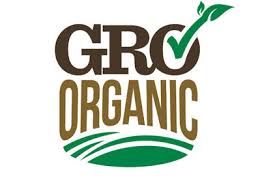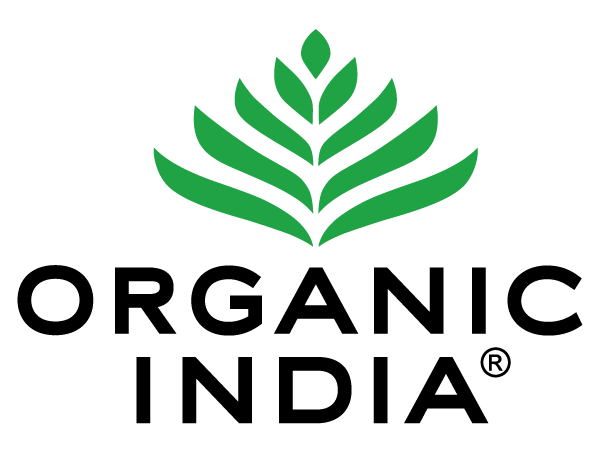Intensive agriculture can have devastating effects on soil health as it degrades soil aggregation and water holding capacity, prevents carbon sequestration, and leads to runoff and erosion losses. Combatting this decline in soil health, many practices that improve soil health are utilized in organic agricultural systems. For example, certified organic farmers are prohibited from using synthetic pesticides or chemical fertilizers and rely instead on crop rotation, fertilizers derived from compost or manure, and the planting of winter cover crops. Indeed, the National Organic Program standards dictate that organic farmers must improve or maintain soil health on their fields.
Soil carbon sequestration is an especially important aspect to soil health, because it is crucial for mitigating climate change. It is also a proxy metric of soil health as it spans chemical (e.g., alters cation exchange capacity), physical (e.g., aids with aggregation), and biological (e.g., supports microbial growth and diversity) properties.
Although management can vary across farms, four key practices are most widely manipulated to improve carbon sequestration on organic farms: (1) cover crops; (2) organic amendment type and rate; (3) crop rotation diversity and length; (2) tillage intensity. Farmers must balance costs, feasibility, and potential outcomes to determine the organic practice or practices they will implement on their farms. As interest increases in practices that enhance soil health and sequester carbon, it is critical that we have evidence-based recommendations on the anticipated benefits that specific practices will confer.
Unfortunately, there is a paucity of large-scale research studies informing the improvement of carbon sequestration within organic systems. While meta-analysis is gaining traction within organic, existing meta-analyses are insufficient because they usually use conventional as a control, rather than organically managed control fields. Most studies included in organic meta-analyses also focus on a single farming technique rather than several organic farming methods. Finally, no meta-research investigates the average number of years necessary to see the positive impacts of organic farming practices on soil health. As many long-term organic agricultural research sites across the world have “matured” (10+ years of data), meta-analyses can now take into account the temporal shifts in the evidence base for organic farming practices on soil health metrics.
This project fills this knowledge gap by using intra-organic systems comparisons from long term studies to identify the relative impact of different organic management practices on soil health outcomes, and in particular, soil organic carbon and microbial biomass carbon in an effort to fill this knowledge gap and enable a focus on practices with the greatest likelihood to support soil health.




